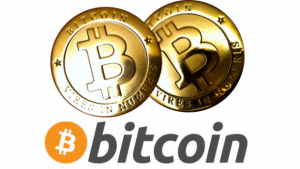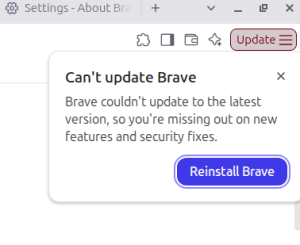Coinbase Backs Ripple in Legal Defense Against the SEC
Ripple’s legal team has been fighting the SEC’s allegations that it and its founders conducted illegal security token sales for almost two years now. It started on December 22, 2022, when the SEC announced that it was pursuing charges that Ripple and co-founders Christian Larsen and Bradley Garlinghouse raised $1.3 billion in what it described as “an unregistered, ongoing digital asset securities offering.”
Since then, Ripple and the SEC have been relentlessly duking it out in the court system. Most recently, both parties asked the presiding judge for summary judgments based on the evidence that had already been submitted.
Now Coinbase has come down on Ripple’s side by filing a request for permission for an amicus brief supporting Ripple. Coinbase says the presiding judge should reject the SEC’s request for a summary judgment. It argues that the SEC lacks clear rulemaking for the digital asset industry and failed to give Ripple fair notice before filing its complaint with the court system. The filing indicates that the question of whether the SEC acted appropriately would be fact-intensive and ill-suited for a summary judgment.
“One of the fundamental due process protections guaranteed by our Constitution is that government agencies cannot condemn conduct as a violation of law without providing fair notice that the conduct is illegal,” Coinbase wrote in its filing. “By suing sellers of XRP tokens after making public statements signaling that those transactions were lawful, the SEC has lost sight of this bedrock principle.”
Coinbase’s proposed amicus brief did lead to some speculation that it might relist XRP, which is by no means certain. However, it could push sentiment upward.
An SEC victory may be uncertain due to conflicts of interest and uneven enforcement.
The SEC argues that the sale of Ripple’s XRP token amounts to an investment contract. It says Ripple meets the conditions of the Howey Test, which states that an asset counts as a security if it includes an investment contract that involves:
- An investment of money
- In a common enterprise
- With the expectation of profit
- To be derived from the efforts of others
The Howey Test dates back to 1946, when the Supreme Court of the United States ruled on a case called SEC v. W.J. Howey Co. This case involved investments in orange groves that W.J. Howey Co. sold to investors with the promise that the groves would be managed for them. The SEC had filed a similar complaint against W.J. Howey Co., that it failed to properly register the investment transactions.
Ripple pushed back, claiming that the SEC failed to provide certainty for digital assets for a decade before going after Ripple. It questioned why the SEC chose to pursue a case against Ripple and not the somewhat-similar Ethereum.
Ripple’s legal defense may have gotten an assist from Empower Oversight Whistleblowers & Research when it pressed the SEC for documents describing William Hinman’s relationship with a law firm with close ties to the Enterprise Ethereum Alliance.
While working for the SEC as the chief of its corporate finance department, Hinman expressed his opinion that Ethereum was not a security in a June 2018 speech. However, Empower Oversight alleges that the financial stake he had with the law firm in question, Simpson Thacher & Bartlett LLP, amounted to a conflict of interest.
Hinman had been warned about his association with Simpson Thacher & Bartlett in an email exchange with the SEC’s ethics office. He had promised to divest when he started work at the SEC so he could take advantage of tax breaks. However, he did not. When he left the SEC, he went back to Simpson Thacher & Bartlett, where he currently serves as a senior advisor.
Ripple’s legal defense team became interested in this alleged conflict of interest. Like, very interested. A bit of legal wrangling and it convinced the presiding judge, Analisa Torres, to override the SEC’s objections and order it to turn over the documents on Hinman and his relationship with Simpson Thacher & Bartlett.
A victory for Ripple is by no means a done deal even with the new documents in hand. Some expert observers opined that Judge Torres could make a ruling on or before November 15 if the SEC and Ripple don’t settle first. (Big “if” at this point.)
XRP holders are basically betting that Ripple can win this case. The crypto industry could reasonably hold its breath as it waits for a final outcome. If the court system rules in favor of Ripple, the SEC may have to rethink its “regulation by enforcement” approach to digital assets and maybe doing a little housecleaning when it comes to conflicts of interest.
It may be doubtful how much of an influence Coinbase’s amicus brief will be. However, its filing indicates that eyes are still on SEC vs. Ripple.








